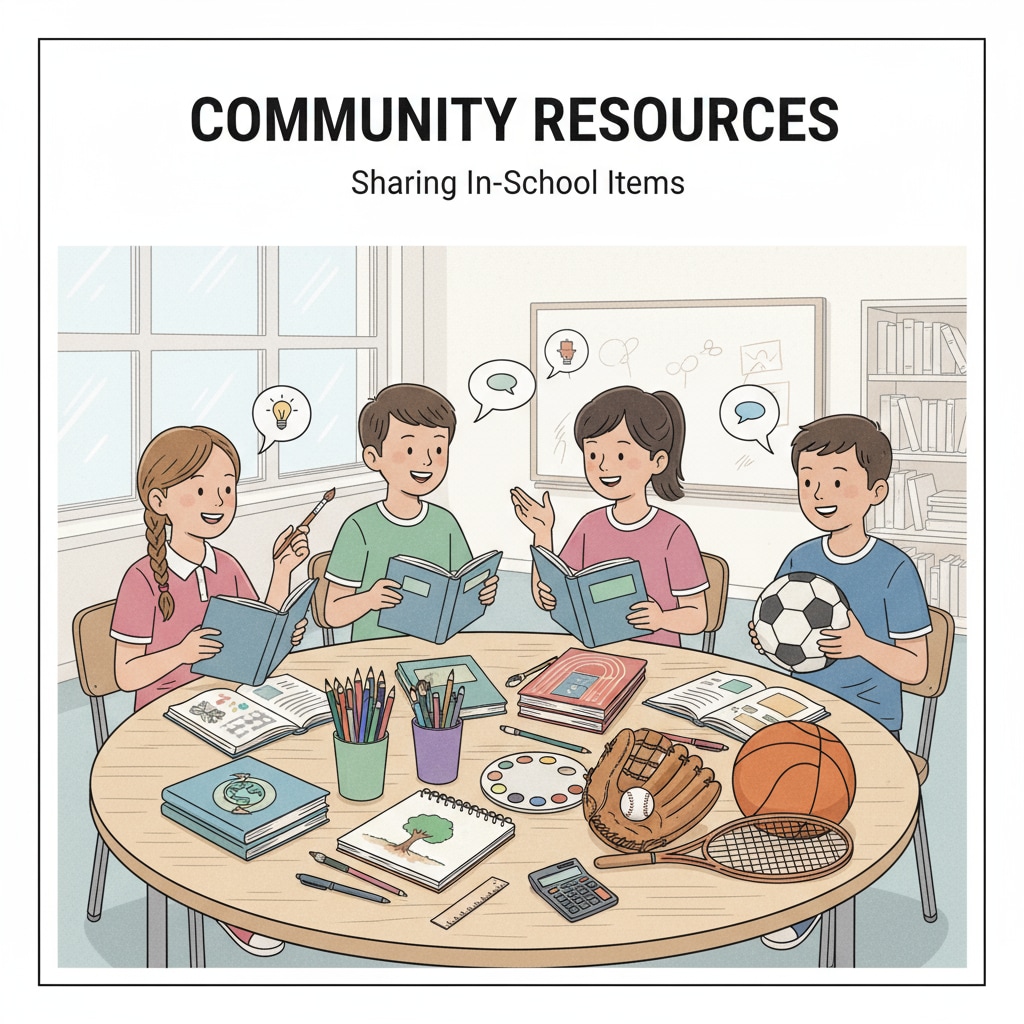Student rental platforms, in-school item sharing, and the potential for extra income are concepts that are increasingly relevant in the K12 educational landscape. In recent years, the sharing economy has transformed various industries, and now, it’s knocking on the doors of our schools.

This trend not only offers practical benefits but also holds significant educational value.
The Rise of In-school Item Sharing
In K12 schools, students often have items that are underutilized. For example, textbooks, art supplies, and sports equipment may sit idle for long periods. In-school item sharing platforms can bridge this gap. By allowing students to rent out their unused items, these platforms create a win-win situation. The owners can earn some extra income, and their peers can access necessary items at a lower cost. As a result, resources are used more efficiently, which is a positive step towards a more sustainable campus environment. Sharing economy on Wikipedia

Educational Significance of Student Rental Platforms
These platforms go beyond just resource sharing and extra income. They play a crucial role in educating students. Firstly, they help students develop resource management skills. Students learn to assess the value of their items and make decisions about when and how to rent them out. Secondly, it’s a great opportunity to cultivate financial literacy. Managing income from rentals teaches students about basic financial concepts like budgeting and saving. Moreover, it instills a sense of social responsibility as students contribute to a more inclusive and resourceful school community. Financial literacy on Britannica
When implementing student rental platforms in K12 schools, several factors need to be considered. The platform should be user-friendly, accessible on various devices, and have clear rules and regulations. Safety and security are also paramount. For example, proper identification and verification processes should be in place to ensure the well-being of all students involved. Additionally, schools can provide support and guidance to students, such as financial counseling and assistance in creating rental agreements.
In conclusion, student rental platforms and in-school item sharing have the potential to revolutionize the K12 campus experience. They offer students the chance to earn extra income while fostering important skills and values. As schools continue to adapt to the changing times, these platforms can be an innovative addition to the educational ecosystem, promoting resourcefulness, financial acumen, and a sense of community among students.
Readability guidance: The article uses short paragraphs to present ideas clearly. Each section focuses on a key aspect, and transition words like “for example”, “as a result”, and “moreover” are used to connect thoughts. Passive语态 is minimized, and the language is kept simple and accessible for a wide readership.


